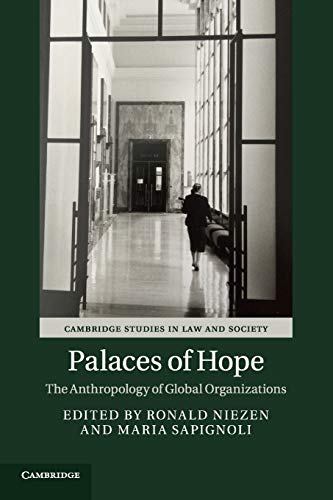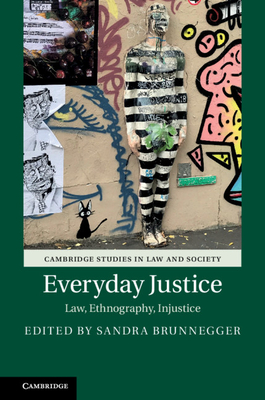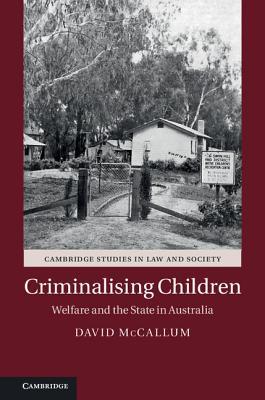
Part of Series
Law Reform in Pakistan attracts such disparate champions as the Chief Justice of Pakistan, the USAID and the Taliban. Common to their equally obsessive pursuit of 'speedy justice' is a remarkable obliviousness to the historical, institutional and sociological factors that alienate Pakistanis from their formal legal system. This pioneering book highlights vital and widely neglected linkages between the 'narratives of colonial displacement' resonant in the literature on South Asia's encounter with colonial law and the region's post-colonial official law reform discourses. Against this backdrop, it presents a typology of Pakistani approaches to law reform and critically evaluates the IFI funded single-minded pursuit of 'efficiency' during the last decade. Employing diverse methodologies it proceeds to provide empirical support for a widening chasm between popular, at times violently expressed, aspirations for justice and democratically deficient reform designed in distant IFI headquarters that is entrusted to the exclusive and unaccountable Pakistani 'reform club.' Review One "A fascinating and troubling study of Pakistan's judicial system: its history misunderstood by its acolytes, its practice unaltered by countless reforms, its operations a tribulation for its constituents. Siddique analyzes the limits of scholarly reflection and well intentioned reform by placing them alongside the perceptions, strategies and experiences of those who use the system. A powerful and broad-ranging cautionary tale." David Kennedy Manley O. Hudson Professor of Law Director of the Institute for Global Law and Policy Harvard Law School Review Two “This book is a tour de force, bringing together the often forgotten history of British law in colonial India with the important if not at all encouraging story of massively foreign funded rule of law programs in present day Pakistan. The history is a crisp summary, followed by a fascinating first person participant observer report of how rule of law projects actually operate, and a pioneering empirical study of litigation on the ground in a provincial court. Siddique’s innovative multi-disciplinary approach could be a model for similar breakthroughs across the global south.” Duncan Kennedy Carter Professor of General Jurisprudence Harvard Law School Review Three “Osama and I met when he took my research seminar in human rights 15 years ago. In some senses, he was even then on track toward this new book. His exceptional qualities and talents that showed in that earlier period – probity, tenacity in his research and discipline in his writing, a probing intelligence, fresh analysis, endowing his project with imaginative scope and purpose – have only become the more striking. The present work is not easy for the reader to grasp. It demands effort to digest deep description and evaluation. And it rewards that effort. The major themes that Osama develops and methods that he employs set the book apart from most legal scholarship. Political and other historical context informs the description of legal doctrine and its evolution during the period discussed. He deplores the inadequate attention given to Pakistan’s colonial past and its effects on post-colonial Pakistan’s legal system, discourse and reform projects. Discussion ranges from the theoretical framework to descriptions derived from empirical methods of the ordinary lives and experiences of those subject to that system. The author’s critical sense is at work throughout, from evaluation of historical and contemporary approaches to law reform to the use by outside funders of notions like efficiency to direct reform projects. Vaut le voyage.” Henry J. Steiner Jeremiah Smith, Jr. Professor of Law, Emeritus Harvard Law School Review Four “Pakistan’s Experience with Formal Law is a critical exploration of a system that is simultaneously familiar and alien. It departs decisively from all the official and approved pronouncements on legal reform, combining a rich experiential account of the frustrations of law in Pakistan (and throughout South Asia) with a provocative analysis of impoverished agendas of reform that fail to address the perplexities of the post-colonial legal situation.” Marc Galanter John & Rylla Bosshard Professor Emeritus of Law and South Asian Studies University of Wisconsin-Madison Centennial Professor, Department of Law London School of Economics and Political Science Review Five “Osama Siddique has produced a theoretically informed and historically grounded study of Pakistan’s engagement with formal law. This book makes a compelling argument that history matters and the perceptions of ordinary citizens are relevant in crafting a meaningful course towards legal reform. Historians, lawyers, social scientists and policy-makers will read it with profit." Sugata Bose Gardiner Professor of Oceanic History and Affairs Harvard University
Author

Osama Siddique اُسامہ صدیق writes fiction as well as non-fiction. He has written historical fiction that encompasses multiple eras ranging from ancient history to the near future as well as the diverse themes of time, religion, philosophy, ideas, architecture, archaeology, arts, iconic figures, progress, political systems, apartheids, evil and dissent. In non-fiction he has written about history of evolution of laws in colonial and post-colonial settings, the elites that capture and control such laws, and their impact on ordinary citizens. He has also written about laws and politics as well as the politics of laws; about laws and society and the sociology of laws; and about rights and their violation as well as enforcement. Dr. Osama Siddique is a Pakistani novelist, legal scholar, teacher and policy reform consultant. He was a Rhodes Scholar at Oxford and holds Masters and Doctoral degrees from Harvard Law School. He has also taught at Harvard Law as the Inaugural Henry J. Steiner Visiting Professor in Human Rights. Osama is also a graduate of Government College University and LUMS and has taught at the latter for many years where he also led the establishment of and headed its Law and Policy School. Osama works in the areas of sociology of law, legal history, human rights, constitutional law, access to justice, and law and development. He also serves on the Senior Faculty of Institute for Global Law & Policy (IGLP) at Harvard. He is also deeply interested in the areas of archeology, ancient and medieval history, literary fiction, science fiction, the natural world, mythology and fantasy. Snuffing Out the Moon is his first novel and set in six distinct historical eras in South Asia. His book 'Pakistan's Experience with Formal Law: An Alien Justice' was declared the best non-fiction book of the year at the Karachi Literature Festival (KLF), 2014. It also won the American Institute of Pakistan Studies (AIPS) Annual Book Prize 2014-15.


